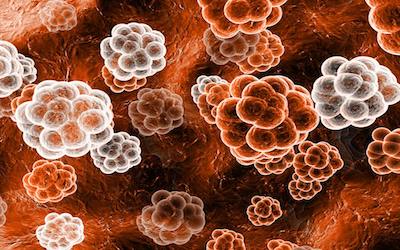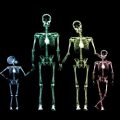PTE考生目前最大的问题之一就是练习题缺乏。除了有限的基本官方书(PLUS,Testbuilder, OG)之外就没有题了。很多英语基础不是很扎实的同学很难找到练习材料。悉尼文波雅思PTE培训学校专门为澳洲,尤其是悉尼、墨尔本的PTE考生准备了适合PTE听力阅读练习的科学60秒。各位PTE同学可以练习PTE听力中的summarise spoken text和PTE口语中的retell lecture,PTE听力口语-科学60秒-Frosty Moss练习记笔记技巧和复述。废话少说,下面开始:
听力内容:
60秒科学节目(SSS)是科学美国人网站的一套广播栏目,英文名称:Scientific American – 60 Second Science,节目内容以科学报道为主,节目仅一分钟的时间,主要对当今的科学技术新发展作以简明、通俗的介绍,对于科学的发展如何影响人们的生活环境、健康状况及科学技术,提供了大量简明易懂的阐释。
This is Scientific American — 60-Second Science. I’m Christopher Intagliata.
Tens of trillions of microbes call our living bodies home. But when we die? “The first thing that happens is basically ecosystem collapse—where you have a tremendous loss of diversity.” Nathan Lents, a molecular biologist at John Jay College in New York. “And then it bottoms out and starts to get rich again.”
That microbial phoenix, rising from our extinguished mortal coils, is called the “necrobiome.” Lents and his team tracked the necrobiome, by swabbing the ears and noses of 21 cadavers at a body farm in Tennessee. It’s a sort of outdoor lab for forensic scientists, where bodies are left to the elements to decompose.
They tracked the genetic signatures of that microbial community as it waned and waxed after death. And they used that data to build an algorithm that could pinpoint a corpse’s time of death, to an accuracy of just two summertime days. “And that held out for up to six to seven weeks. And that’s way better than entomology can tell you.” Entomology being the study of the insects that colonize a corpse. “Entomology’s okay for giving you upper and lower limits within five to seven days, but beyond that, entomology’s not helpful.”
The study is in the journal PLoS ONE.
The method isn’t quite ready for primetime. There’s still a lot of ‘biological noise’ in the system. “We’re talking about living things here. Well… living and dead things.” But as with any machine learning, more info will help it see beyond the noise. “It will forever learn. So the more data we pump into this system, the better it will get.” Ultimately, Lents says, the algorithm will have to be smart enough to hold up in a court of law, when it could determine the fate of someone accused of turning someone into a corpse.
Thanks for listening for Scientific American — 60-Second Science Science. I’m Christopher Intagliata.





